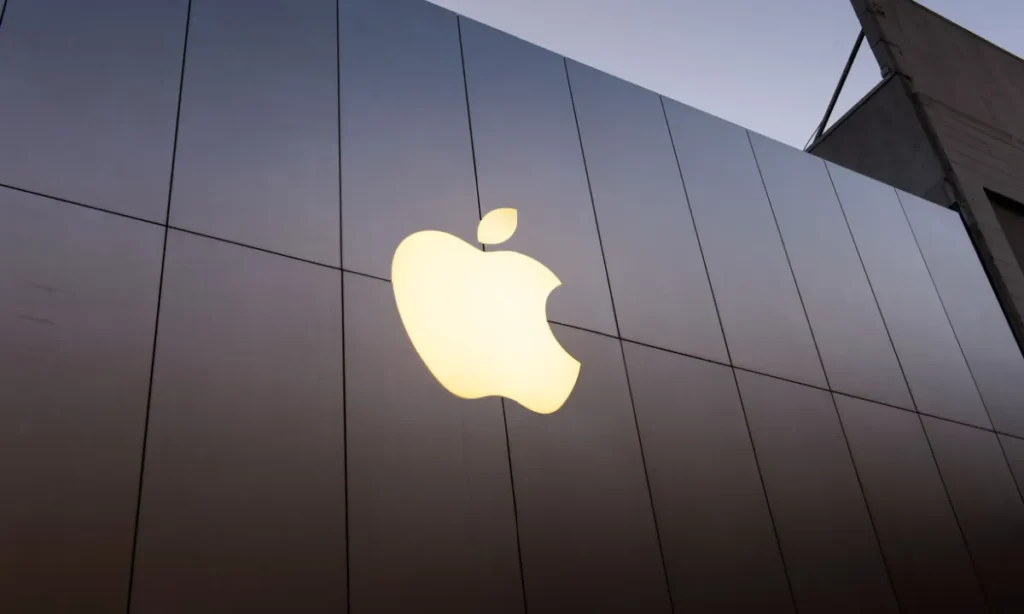Apple is pushing back against a British government order that would force the tech giant to create a “back door” into its encrypted iCloud services, the Investigatory Powers Tribunal (IPT) confirmed on Monday. The confirmation came after the IPT ruled against the government’s request to keep the existence of the case and Apple’s involvement secret.
The legal dispute centres around a “technical capability notice” reportedly issued to Apple by the UK’s Home Office, instructing the company to enable government access to encrypted messages and photos stored in the cloud potentially even for users outside the United Kingdom. The Washington Post first reported the notice earlier this year, though neither Apple nor the British government have publicly acknowledged its contents.
Apple has consistently opposed building back doors into its devices or services, arguing that such measures would compromise user security and open the door to abuse by bad actors, including hackers. Security experts have echoed these concerns, warning that any deliberate vulnerability undermines the integrity of encryption for all users.
In response to the UK government’s broad demands, Apple reportedly disabled its most secure cloud encryption feature Advanced Data Protection for new users in the UK, a move that has sparked widespread privacy concerns.
Although details of the case remain tightly guarded, Monday’s ruling lifts some of the secrecy that has surrounded the legal challenge. Judges Rabinder Singh and Jeremy Johnson rejected the Home Office’s claim that revealing Apple’s involvement would damage national security, stating: “We do not accept that the revelation of the bare details of the case would be damaging to the public interest or prejudicial to national security.”
The IPT’s decision comes after a closed-door hearing in London last month, from which the media were excluded. The tribunal also clarified that its ruling should not be interpreted as confirmation of the media reports’ accuracy.
As tensions rise between tech firms and governments over encryption and surveillance, this case underscores the ongoing global debate over the balance between national security and individual privacy. Apple’s appeal is likely to become a landmark in the battle for digital rights in the UK and beyond.

